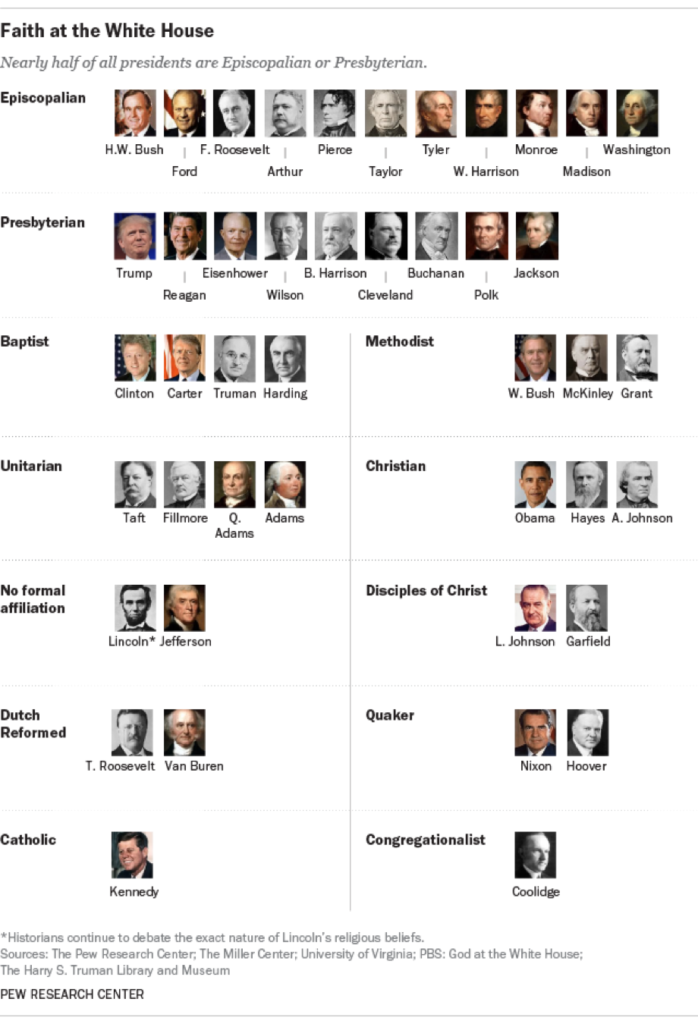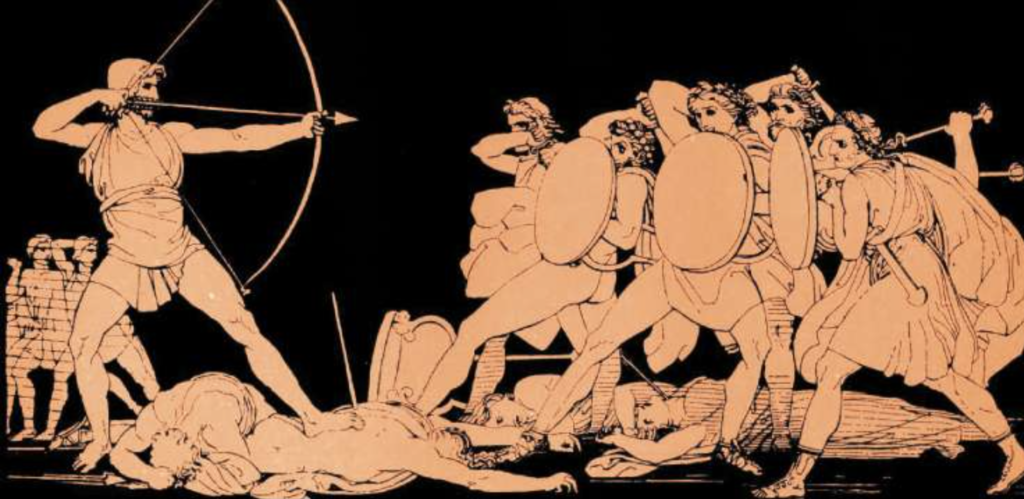The Core of the Issue: Legacies of the Ancient World Romanticized but Not Relevant
By Rhett Adams
I’d like to start out by saying I agree with most of the texts offered in Core 151, and I believe that Core 151 should continue to be its own course that continues under the same name. I also believe that Core 151 needs to be deeply revised.
To delve into the importance of Core 151 overall, please examine Leo Weiss’ post on the topic. His critiques on the course were my inspiration to examine what would need to happen to make the class relevant in a modern-day liberal arts education. The thought process behind this post was to put texts of legacies on trial to see if they will continue to stand the test of time
The revision
How I believe Core 151 should be revised based on how relevant an ancient text is today. On the Colgate website, it states that Core 151 uses the texts of Homer, the Hebrew Bible, the New Testament, and a Roman Text to “ exemplify basic modes of speech, literary forms, and patterns of thinking that establish the terminology of academic and intellectual discourse and critical thought across many different societies.” Seems like a steep goal to examine different societies when all the required texts are were created in the Mediterranean. That being said, I do believe that the bible and Plato should remain in Legacies, but the reasons why they are still relevant today should be told to students.
Pro Bible
Churches and other religious organizations are allowed to donate to political campaigns and have consistently lobbied for causes that align with their beliefs, giving State governments a religious pull even though the church and state are not supposed to be intertwined. For example, the heartbeat bill in Georgia and many other states that bans abortion after six weeks is based on the commandment found in the old testament that states “ You shall not murder” Additionally, all but two U.S presidents have officially stated that they consider themselves Christians. With all of the influences Christianity and Judaism have seeped into the local, state, and national government, it is important for students to have a working knowledge of the bible to better understand the role religion has played in policy.

Pro Plato:
Plato is important to study because he teaches how to be critical of democracy. Living almost 2500 years ago, it is remarkable to see how his critiques of democratic voting and the democratic legal system are still relevant today. It shows students that knowledge and ways of thinking do not have an expiration date. Additionally, knowing how to question democracy gives students the framework to begin not being complacent in society and have the tools to make an informed decision about their political stance.

Anti: Roman text
The one additional “roman text” that is required in the course should be cut. There is no reason to include an appointed roman text as it implies that Roman knowledge is superior because it sends the message that the school does not care what is taught as long as it is Roman. It has no bindings to contemporary society and is not beneficial to the student
Pro(ish) Homer
Homer should be included in Legacies of Ancient World; however, it should not be included for its plot line but to show that knowledge and stories can be edited over time through analyzing the two endings offered. This will teach students to approach academic works critically and evaluate how the knowledge they are indulging came to be. two texts impactful when used in class.

Sooo… your point is…
The various texts in the class from the ancient world should be selected based on their direct relevance to contemporary society or because they show tools necessary to evaluate contemporary society. How each text selected in Core 151 achieves this should be explicitly explained before each text is read and then analyzed if it is useful in contemporary society after the fact. To not apply a critical lens to ancient texts would take away the value they can have to the students.
Rhett Adams is a Sophomore at Colgate University. She is from Greenville, South Carolina, and is an Environmental Geography and in Education Studies minor.